|
The words “nonprofit” and “tax exempt” are often used interchangeably, but there are some important distinctions. Any group or organization that engages in charitable activities is commonly referred to as a nonprofit, whether structured as a legal entity or not. As long as the organization is not operating to generate a profit, and no part of the income is distributed to its members, directors or officers, it can be considered a nonprofit.
People typically start nonprofits to address some need that is not being addressed effectively by for-profits or government entities, to support some type of worthy cause, to offer programs that assist some segment of the community, or to provide services for its own members. The characteristics of a nonprofit are: 1) It cannot be organized for the purpose of generating a profit, and 2) No portion of the organization’s income is distributed to its members, directors or officers. Legally recognized nonprofit status is a distinction assigned under state law. An organization with this designation is known as a public benefit corporation. Completing a state’s process to establishing a nonprofit as a legal entity is also the pre-requisite to apply for tax-exempt status, which is the federal distinction assigned by the Internal Revenue Code (IRS). The primary benefit is exemption from paying federal corporate income tax on revenue generated from activities related to the charitable purpose of the nonprofit. Tax-exempt status also gives an organization the authority to issue receipts for donations it receives, which its contributors may use as a “write-off” for deductions on their income tax returns. The IRS has more than 30 different tax-exempt codes it assigns to nonprofits, based on the primary purpose for the nonprofit organization. Some categories of organizations are automatically recognized with tax-exempt by the IRS including faith-based organizations (churches, synagogues, mosques, temples, and other houses of worship). Although this special classification of organizations is not required to complete the formal application process required by other nonprofits, some do establish separate tax-exempt organizations to conduct their non-religious community programs. The 501(c)(3) is the most popular tax-exempt status, as it fulfills the primary requirement for a nonprofit to establish eligibility for the broadest range of grants available. According to the National Center for Charitable Statistics (NCCS), there are currently more than 1.8M nonprofits in the U.S. and 1.5M (or 83%) are 501(c)(3)’s. Interest in this status can be attributed to philanthropic foundations and corporations being allowed tax deductions for grants awarded only to 501(c)(3)’s. A grantmaking foundation may jeopardize its own tax-exempt status if it awards grants to organizations that don’t have a 501(c)(3) status or other eligible tax-exempt status. For grant writers and others who raise funds on behalf of nonprofits, and for individuals, businesses and foundations that give grants or other donations, it is important to confirm whether a nonprofit is tax-exempt. While teaching grant writing at UCLA Extension in 2014, I was one of five instructors selected to appear in a marketing campaign for the Nonprofit Fundraising and Leadership Certificate Program. They produced at least four videos of me presenting information about grant writing. Each one is 1-3 minutes each. If you will take a minute ... actually, only 59 seconds!
The Grantbuilder 5-Step, 10 Building Blocks process was used to secure a $10,000 grant from the State of California, Office of AIDS, for a nonprofit organization that was involved in HIV-AIDS outreach. The nonprofit printed 2,500 decks, which their staff and volunteers distributed at various events in the Los Angeles area. THIS IS THE GRANT WRITING SYSTEM COVERED DURING EACH FREE WORKSHOP!
Again, if you know of others who may have interest in learning about the grant making process, please pass along this information.
Have an INCREDIBLE week! ... and stay in touch. La Quetta M. Shamblee www.TheGrantbuilder.com Once you know where to look, it is easy to locate more grant opportunities than you will ever have enough time to pursue. Here are three examples of grants I located during a brief search last week.  Government Grant (Federal) Community Food Projects (U.S. Department of Agriculture) This funding opportunity is offered to meet the food needs of low-income individuals, including … self-reliance of communities in providing for the food needs of the communities. This type of grant may be timely to pursue for a community garden project or nutrition program.
 Corporate Grant A railway with operations in the Los Angeles region offers grants with a focus on education, health services, arts and youth.
Interested in learning how to use the internet to conduct research to locate hundreds of grant opportunities? Visit www.TheGrantbuilder.com for the schedule of upcoming workshops.
To get information on upcoming opportunities, stay-tuned to The Grantbuilder Blog. Learn how to locate grant opportunities for the art at the (Saturday, August 20th, 11am - 1pm) FREE Grant Writing Workshop hosted by the City of Inglewood CA at Inglewood Library. Register by filling out the brief online registration form at: www.TheGrantbuilder.com.
Once you learn where to look, finding grant opportunities is a simple process. It can be time-consuming, but if you have access to the internet, it is very easy to find millions available in grants for all types of organizations and programs. I will demonstrate the step-by-step "how to" use the internet and other free resources to identify grant opportunities during the FREE grant writing workshop in Inglewood, CA on Sat, August 20th. Over the next few weeks, this blog will highlight a variety of grants. Let's start this week by taking a peek at three grants appropriate for K-12 programs. We will share website links and contact information for the funding sources, as well as details about the application process during the workshop. Afterwards, we will post that information on the website for easy access. If you work with K-12 children, this week's blog is ready-made for you. As you peruse the following information, I encourage you to think about the type of program that you would want to create, maintain or expand. Get a head start on developing your concept by putting a little thought into it before the grant application is due. WHAT PROGRAM WOULD YOU IMPLEMENT IF YOU WERE AWARDED THIS GRANT?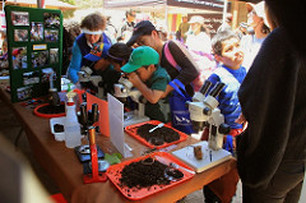 MATH & SCIENCE Corporate Grant for K-12 Grade Teachers (See deadlines below) A major multi-national corporation accepts applications from teachers who are passionate about making science and mathematics more engaging for their students. Toshiba America Foundation grants support public and nonprofit private schools throughout the United States. K-12 grade teachers are invited to apply online for a grant to help bring an innovative hands-on project into their own classroom.
WHAT INNOVATIVE IDEAS DO YOU HAVE FOR A STEM PROGRAM? STEM Government Grant (Federal) Discovery Research PreK-12 (U.S. Department of Education) Application Deadline: 12/05/16 Minimum Grant: $100,000; Maximum Grant: $3,000,000 This funding opportunity is offered to significantly enhance the learning and teaching of science, technology, engineering and mathematics (STEM) by PreK-12 students and teachers, through research and development of STEM education innovations and approaches. WHAT TYPE OF CREATIVE PROGRAM CAN YOU DEVELOP TO WIN THIS GRANT?
Have a GREAT week! - La Quetta M. Shamblee, TheGrantbuilder |
Archives
November 2023
Categories |
|
ADMINISTRATIVE CONTACT
The Grantbuilder LLC 4950 S. Rainbow Blvd. - Suite 150-1066 Las Vegas, NV 89118 Attn: La Quetta M. Shamblee Principal Consultant [email protected] |
Copyright 2023: The Grantbuilder LLC (All Rights Reserved)
The Grantbuilder(tm) System is a training program administered and distributed by The Center for Grantwriting (TCG), an organization that specializes in services for nonprofit organizations. The Grantbuilder(tm) is the service trademark of La Quetta M. Shamblee. |
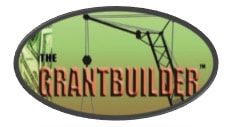

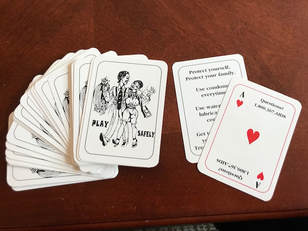
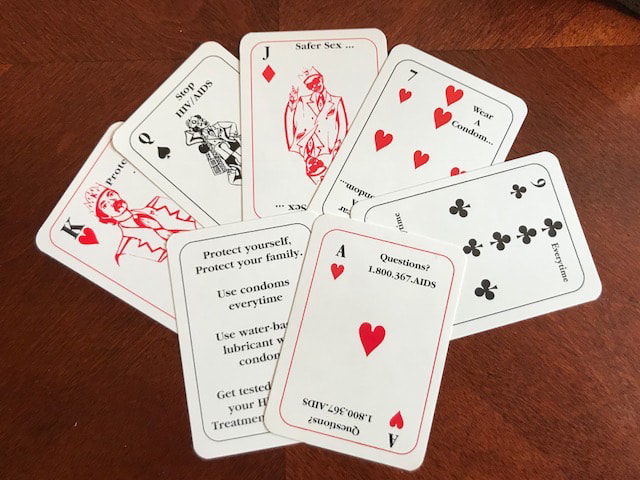



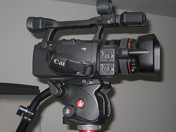
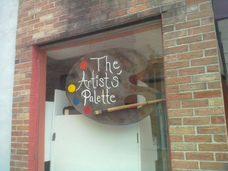


 RSS Feed
RSS Feed